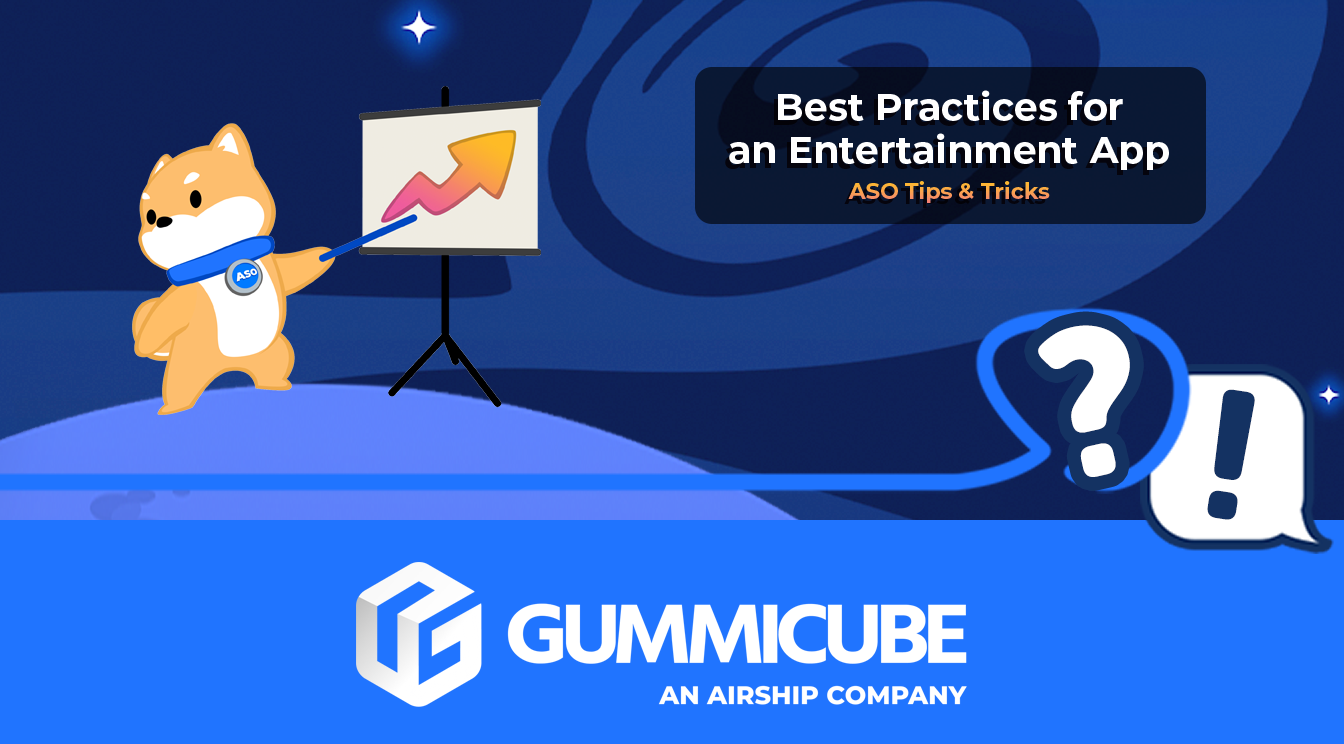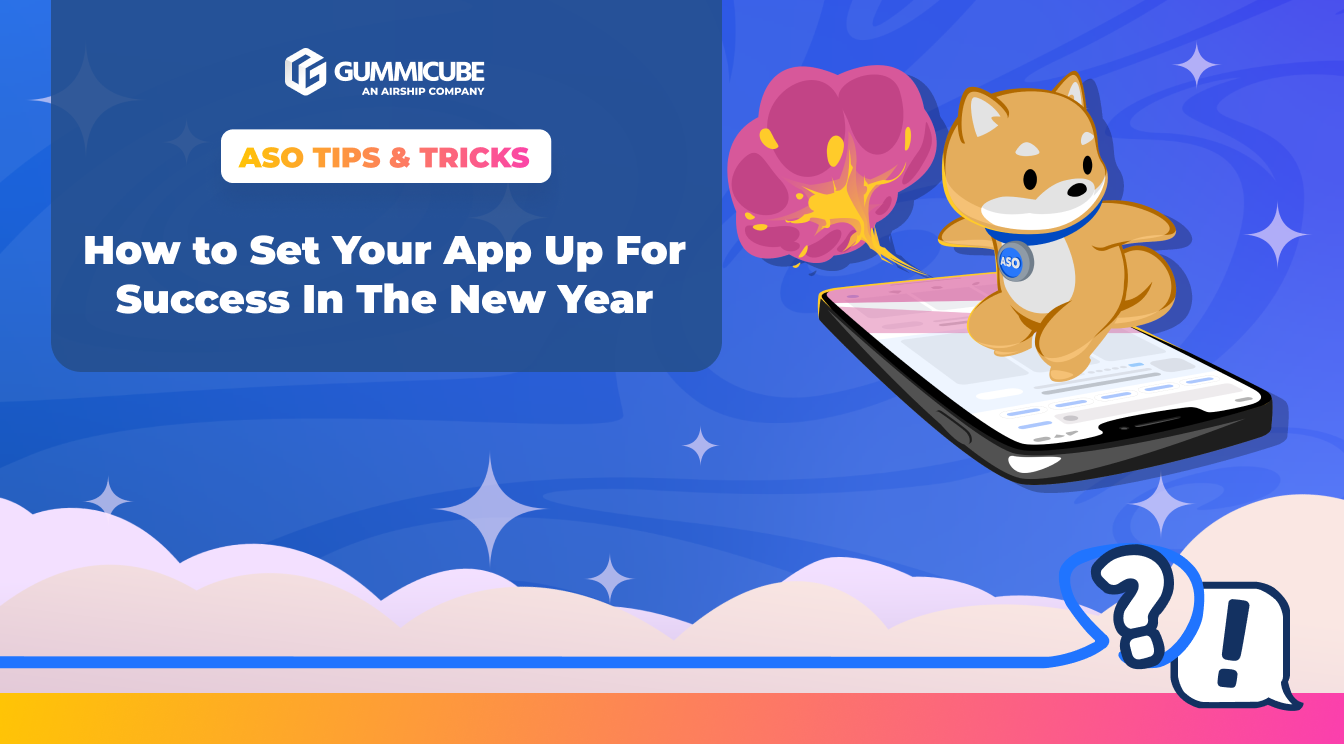
What App Developers Need To Know About App Localization
Posted on January 16th, 2026
Localization can feel complex, especially when managing multiple markets & evolving App Store dynamics. A thoughtful ASO strategy can help simplify the process.

Each app category has different app listing strategies that could improve your app's visibility. Developers face unique challenges, from standing out and crowded search results to communicating their value clearly within seconds. Whether you are building a movie streaming platform, a podcast Discovery hub, or a live event companion, the need for a strategic approach to your app store listing is critical.
Understanding App Store Optimization (ASO) can position Your Entertainment app competitively, ensuring it speaks to the Right audience while aligning with Marketplace trends. ASO provides a structured process that could help your app gain visibility, attract relevant users, and provide a data-driven framework for ongoing optimization and long-term success.
In this week's ASO Tips and Tricks, we will examine the different types of entertainment apps, the foundational elements of strong app listings, and the best practices to follow when approaching ASO in a highly dynamic space.
The word “entertainment” encompasses a wide range of app types. Recognizing the breadth of this category is important since optimization strategies must account for the unique features and user expectations of each type.
With the diversity of entertainment apps, developers can better tailor their App Store listings. While many best practices apply across all categories, the way you communicate features and design creative assets should reflect the unique purpose of your app.
Success in app marketplaces begins with understanding what users search for and how your app can align with those searches.
Conducting detailed keyword research is a foundational step in ASO. Using specialized ASO tools, developers can uncover the phrases users type when searching for apps in their category. Identifying both high-volume and Niche keywords can help broaden visibility while maintaining relevance. For entertainment apps, this might include terms related to genres, specific Media formats, or app functions.
Observing competitors can provide insights into how similar apps position themselves. By examining titles, subtitles, screenshots, and descriptions, developers can see which elements appear consistently across top performers. The goal is not to copy, but to learn what resonates and identify areas where your app can differentiate and its next optimization.
App titles, subtitles, and descriptions are critical for visibility and clarity. These fields should balance keyword integration with readability. Clarity is especially important for entertainment apps since potential users want to quickly understand what one offers compared to another.
App screenshots, videos, and app icons play a central role in communicating value. These are often the first elements users notice when browsing search results. Strong creative assets highlight the core functions of the app and convey a Polish professional image right off the bat.
A/B Testing before launch, ongoing ASO basis can help ensure that every visible element in your app listing is optimized for engagement. ASO tools such as Splitcube enable developers to test creative and metadata variations with real users, providing actual insights before updates go live.
While the fundamentals of ASO apply across all categories, entertainment apps benefit from specific best practices that reflect their audiences' unique demands.
The first three screenshots in your app listing are the most valuable. Since they are what appear in search results, it is crucial to make sure these stand out boldly and clearly. A movie streaming app might highlight its Content Library or playback features, while a live event app could emphasize ticket purchasing or event discovery. Screenshots should use bold colors that contrast with text, ensuring readability even at smaller sizes. text overlay should be clear, can size, and large enough to be legible from the search results page. Images should complement the overall brand and reinforce the App Central value that is stated within the description.
Users browsing the entertainment category are inundated with choices. They may only spend a few seconds reviewing a listing before moving on. Direct messaging helps capture attention quickly. Avoid lengthy explanations within screenshots, but rather leave with phrases that communicate the app's unique value.
App titles and subtitles are prime opportunities to align with search behavior. While creativity is important, clarity should take priority. For instance, if your app streams live concerts, users should be able to understand that function instantly from the title or subtitle.
Entertainment often intersects with community and trends. If your app has use or milestones, notable partnerships, or popular content creators, you should consider ways to integrate that information into your app listing. While the after description is one place to highlight these details, creative assets can also visually convey credibility.
Running experiments or A/B tests with variations of screenshots, icons, or App Store videos allows developers to identify which versions resonate best. The data-driven process provides valuable insights without relying on assumptions.
The App Store and Google Play Store both offer paid promotion opportunities. For entertainment apps, this can be a valuable way to increase visibility and complement your organic ASO efforts.
In the Apple App Store, Search Ads allows apps to appear at the top of relevant search results, connecting directly with users who are actively seeking similar content.
In the Google Play Store, developers have access to Google Play campaigns, which extend beyond the store itself. These campaigns can place your app across Google's networks, including Google Search, YouTube, and the Play Store. This broader reach allows entertainment apps to connect with users across multiple touch points.
Paid app promotion should be approached strategically. Testing different campaign formats, targeting options, and creative assets can provide insights into how users respond to messaging. When paired with ASO, paid promotion can help accelerate app visibility while ensuring that once users discover your app, the listing is optimized for conversion.
The entertainment category is one of the broadest and most competitive areas in the app marketplace. Success here begins with understanding the diversity of app types and the unique expectations of their audiences. Combining foundational ASO practices such as keyword research, metadata optimization, and creative asset design with category-specific strategies can position the app more effectively.
ASO provides a structured, data-driven approach to improving your overall app visibility and engagement. This process helps ensure that users can quickly understand the app's core values and decide whether it meets their needs.
Optimizing an entertainment app listing requires careful planning and attention to detail. Gummicube’s ASO services can help guide developers through the complexities of their app listing and overall growth goals. If you're ready to take the next step and elevate your app listing, let's connect. We are ready to elevate your app listing and position you to be as competitive as possible.

Localization can feel complex, especially when managing multiple markets & evolving App Store dynamics. A thoughtful ASO strategy can help simplify the process.

Apps that enter the new year with an intentional, data-driven ASO strategy are better positioned to drive sustainable growth, visibility, and convert users.

App screenshots are not decorative assets. They are strategic conversion tools that play a critical role in App Store Optimization.